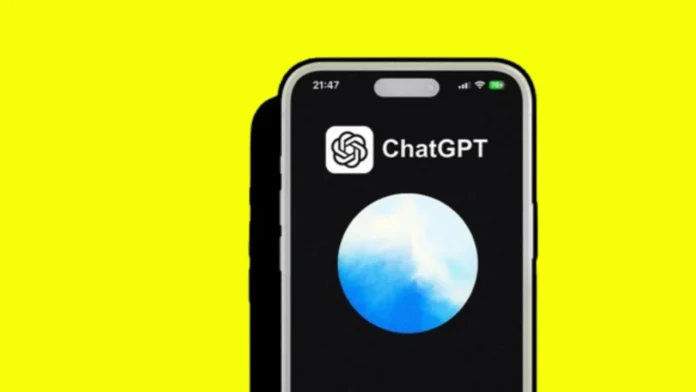The AI chatbot’s desktop applications are now including ChatGPT Advanced Voice Mode, a capability that was initially introduced in September. OpenAI’s native chatbot, which was unveiled on Thursday, will now provide Windows and Mac users with a voice chat experience that is similar to that of a person. The capability, which was first shown at the OpenAI Spring Updates event in May, allows it to modulate speech, convey emotions, and respond to human input. The functionality is currently only available to platform members who have paid for their accounts.
Introducing ChatGPT Advanced Voice Mode for Desktop Applications
The Advanced Voice Mode is now available for desktop programs on Windows and macOS, according to a post on OpenAI’s official X account (previously known as Twitter). Given that key AI companies have begun concentrating on desktops in order to provide consumers with more robust and extensive AI capabilities, the move is intriguing.
The Computer Use tool was made possible by the same day that Anthropic published its desktop applications for Windows and Mac. Also, it has been rumoured that Google is developing a new agentic AI browser tool that can do things like buy a product and book theatre tickets. The entire potential of voice-based AI in a desktop setting is now accessible to users thanks to OpenAI’s Advanced Voice. Interestingly, only iOS and Android applications had access to the capability up until now.
Read More : 8 Ways to Fix Android’s “Zedge Servers Cannot be Reached” Issue
The ChatGPT Advanced Voice Mode may be used in a variety of ways, such as conversing back and forth while writing a research paper or other academic project, or by vocally instructing the AI to produce a code. After uploading data files, users may discuss the analysis and insights in a two-way dialogue.
Users of the ChatGPT app may activate the Advanced Voice Mode by touching the waveform symbol next to the text field. To access the new voice mode, tap the symbol. Five new voices are now available to users: Arbour, Maple, Sol, Spruce, and Vale. Each of these voices has a distinct regional accent, tone, and pitch
The functionality is still limited to ChatGPT Teams and Plus customers, however. Furthermore, residents of the EU, UK, Switzerland, Iceland, Norway, and Liechtenstein will not be able to use the new service.

